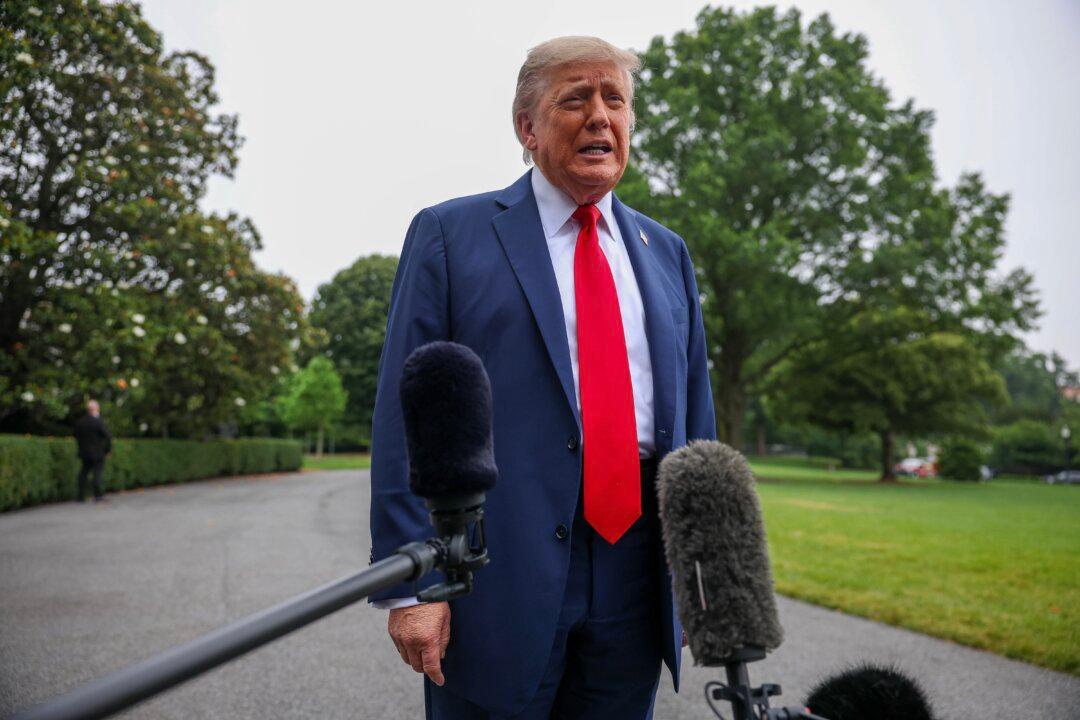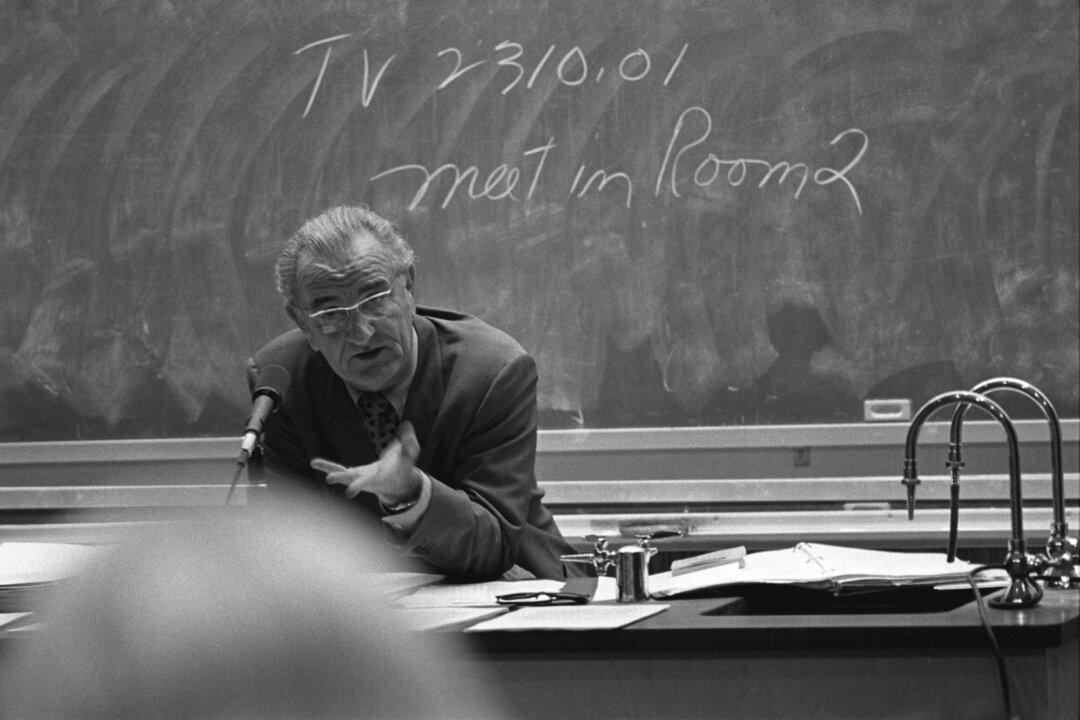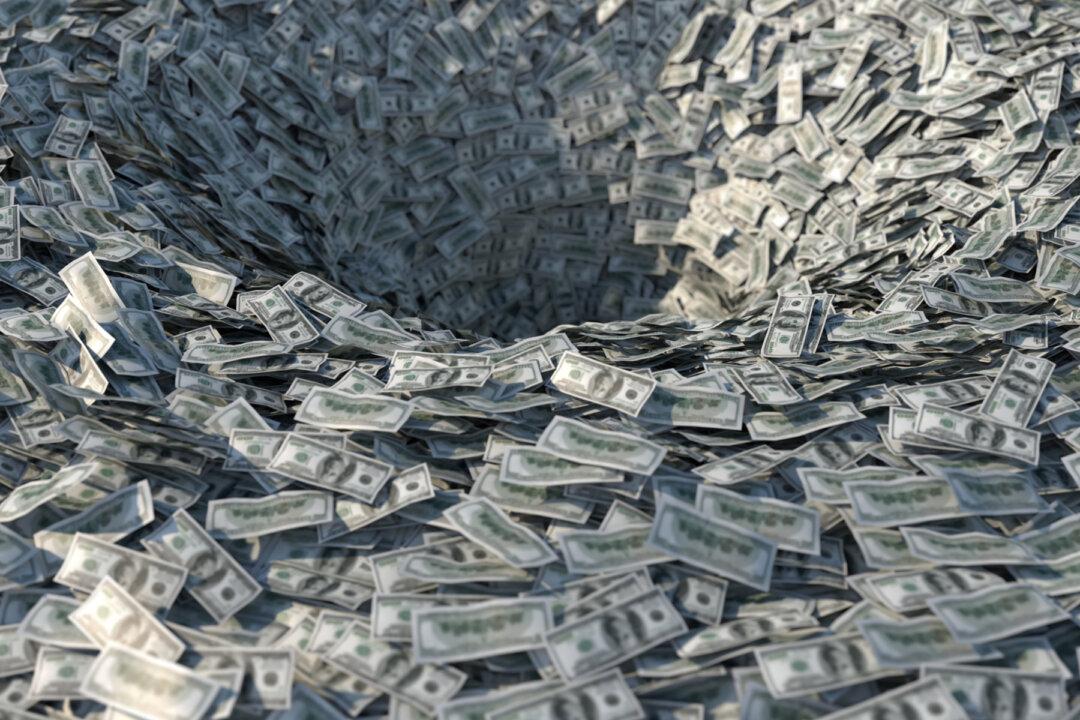Commentary
Special Counsel John Durham may have issued his final report last month, but the Russiagate scandal is far from over. This is not because there is no more to learn about the years-long effort by the Democratic Party, the FBI, CIA, and major news outlets to advance the conspiracy theory that Donald Trump teamed with Vladimir Putin to steal the 2016 election.





